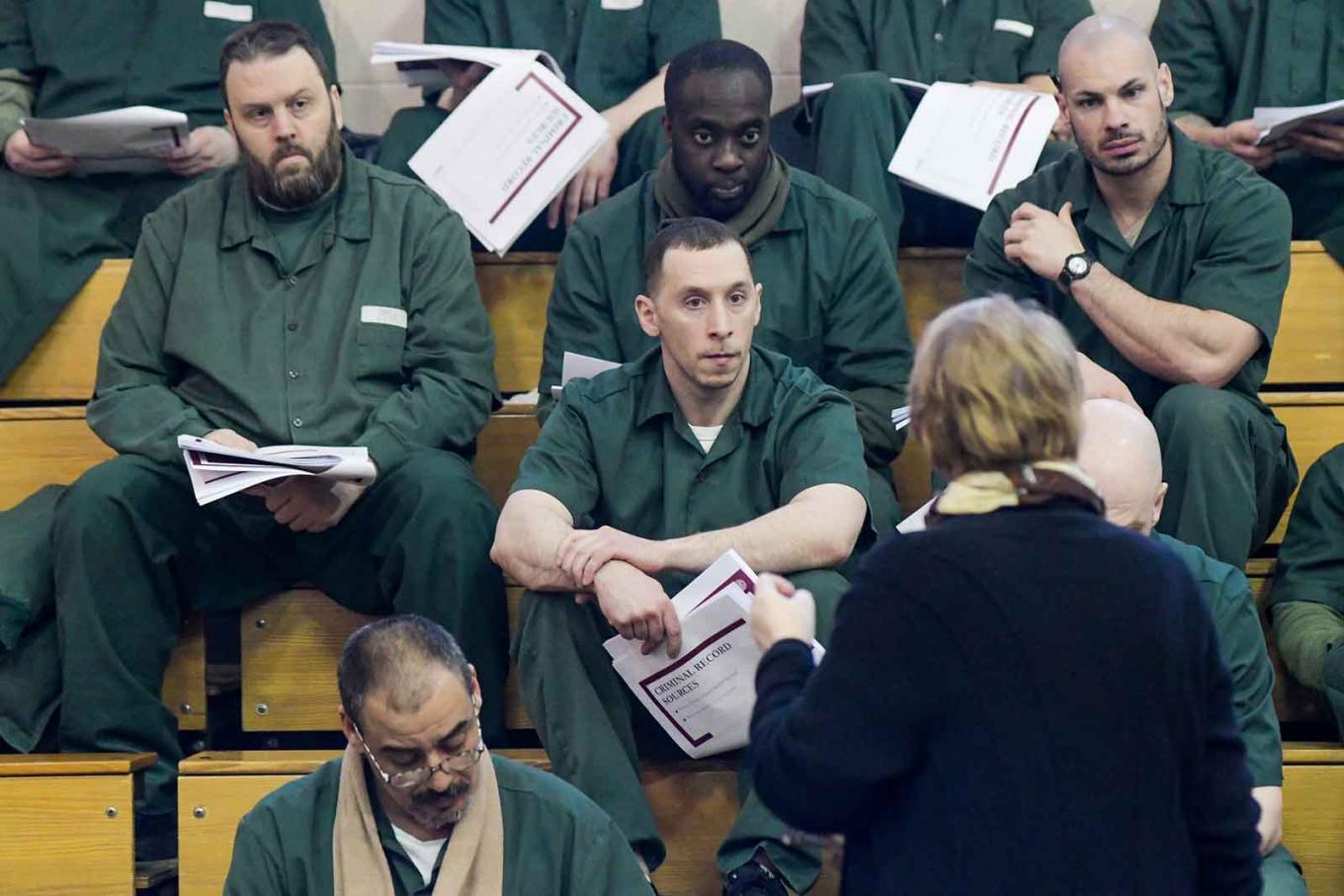Employer Training

Employers are diversifying their workforce and addressing systemic inequalities within their ranks. Expanding their talent pool to include people with criminal records is becoming increasingly attractive. We educate employers about their legal obligations and responsibilities with respect to employment of people who have been involved in the criminal justice system. Education includes relevant Ban the Box statutes, Human Rights laws, and federal laws―including Title VII and the Fair Credit Reporting Act. We also train employers about the background screening process and how to interpret a background check with respect to criminal history and consumer credit issues.
The Port Authority of New York and New Jersey wanted to deepen their understanding of criminal-records and employment law for their HR professionals. We worked with the Port Authority's Office of Second Chance Employment at their Council for Airport Opportunity (CAO) to design and deliver custom training to their senior HR leaders.

Justice-Involved Training

Nearly one in three U.S. adults - 70 million Americans - has a criminal record on file that may be reported on a routine background check. Having even a minor criminal record, such as a misdemeanor or even an arrest without a conviction, can present obstacles to employment. Communities of color are disproportionately affected.
We educate job seekers with criminal records about their legal rights to help them integrate into the workforce. Education includes relevant Ban the Box statutes, Human Rights laws, and federal laws―including Title VII and the Fair Credit Reporting Act. We also train prospective employees about their background screening report and how it may impact employment. We provide training with an aim toward opening pathways to employment for the justice-involved.
Community Partner Training
Plan a Program With Us

We build partnerships, develop training, produce job and resource fairs, and provide technical assistance to community-based organizations, government entities, nonprofits, and reentry groups to reduce employment barriers for the justice-involved.
Our train-the-trainer program focuses on employment laws and rights related to a criminal record, covering federal, state, and local laws. For more information on our in-person or virtual customized training, program planning, consulting, or technical assistance reach out to the CJEI team.
